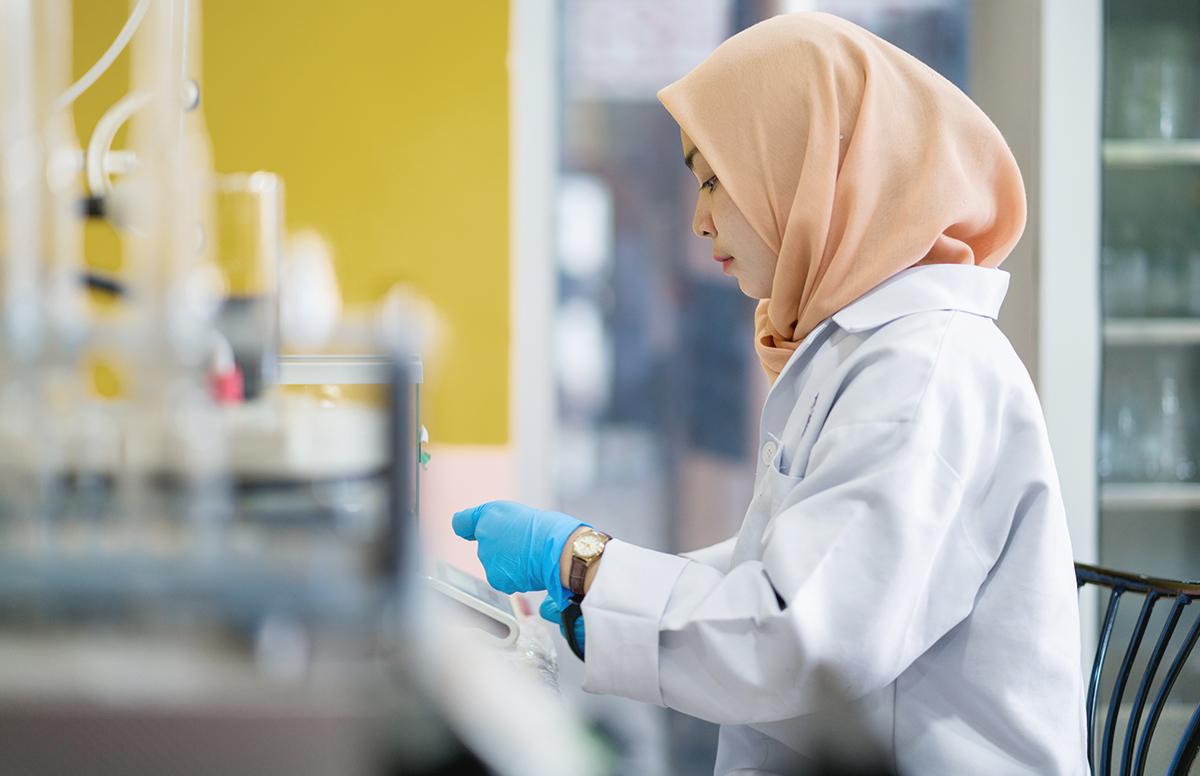Last year, more than 18 million people around the world were diagnosed with cancer. Continuing to discover effective new medicines to treat this terrible disease could not be more critical. There is reason to hope. Together with universities, governments and many others, researchers are inventing new treatments that have saved the lives of millions. The numbers speak for themselves:
- New cancer therapies have contributed to a 26 percent decline in cancer death rates since the 1990s, and since 1975, the five-year survival rate increased by an average of 41 percent for patients across all types of cancer;
- In fact, nearly three-quarters of survival gains in cancer are attributable to new treatment; and
- The future holds even more promise—there are currently 1,120 potential new medicines in development, 79 percent of which have the potential to be first-in-class.
Getting new medicines to patients who need them is just as essential. That’s why more than 20 medicines manufacturers joined forces in 2017 to launch Access Accelerated – a first of its kind partnership to drive access to prevention, treatment and care for people living with cancer and other non-communicable diseases in low and middle income countries across Southeast Asia and beyond.
Through this groundbreaking partnership, a patient assistance program is helping to connect Malaysians diagnosed with Non-Hodgkin’s Lymphoma and systemic anaplastic large cell lymphoma with needed cancer treatments. This is a prime example of the power of combining the reach of government with the expertise and speed of private companies.
Far from a barrier to access, patents and other temporary intellectual property protections actually speed access to the latest therapies. Patients in Malaysia and elsewhere don’t have to choose between innovation and access, they can have both.
A February 25th event in Kuala Lumpur featuring the Malaysian Ministry of Health and the Third World Network (“Improving Access to Affordable Cancer Treatments in Malaysia”) should be a chance to celebrate programs like this and to look broadly at how patients, health care providers, governments and the private sector can work together to drive medicines innovation and access.
The event should be a chance to rally support for greater investment in health care. Right now, Malaysia spends just six percent of national product on health care each year. That is markedly lower than what peer nations are dedicating to their health systems, with neighboring Thailand, Viet Nam and Singapore each allocating more than double that percentage.
But unfortunately, the conversation looks set to disappoint. Patients need innovation and access. But the Malaysian government thinks it can deliver access at the expense of innovation. Rather than supporting fundamental protections that drive discovery of new therapies for cancer and other diseases, the government is breaking patents that safeguard new inventions – a drastic action known as “compulsory licensing”.
In recent years, the Malaysian government has repeatedly advocated for compulsory licensing to improve medicines access. But what the government sees as a quick fix will do nothing to lower prices or speed access. It will only stifle the innovation that brings breakthrough treatments and cures to patients around the world.
Far from a barrier to access, patents and other temporary intellectual property protections actually speed access to the latest therapies. Patients in Malaysia and elsewhere don’t have to choose between innovation and access, they can have both.
Finding sensible ways to improve patient access to cancer treatment is vital to improving global health for all. It’s time for Malaysia to focus on real solutions to global access challenges and to speak out on behalf of strong intellectual property systems – instead of undermining them.
With this shift in focus, we can achieve meaningful progress – speeding development of groundbreaking treatments for patients who need them most. With millions of cancer patients looking for cures, we can’t afford to wait.


